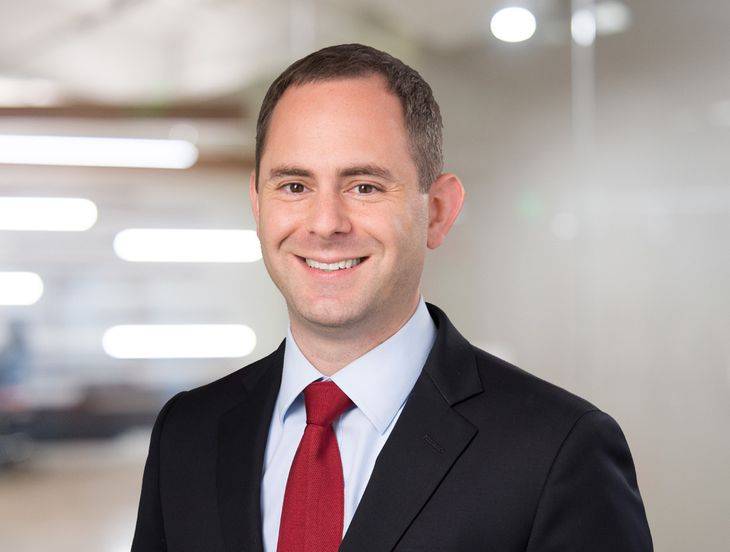The Heat Is On: OSHA Petitioned to Require Breaks to Alleviate Heat Stress at Work
Insights
8.16.18
It’s August, and it’s hot outside. Even Congress, which has a high tolerance for hot air, is taking a month’s long recess to avoid the hot and humid DC swamp. This has not stopped the lobbying process, however, as Public Citizen and dozens of other advocacy groups filed a petition to OSHA to initiate the rulemaking process to develop a federal heat exposure standard. Representative Judy Chu (D-CA) has stated she plans to introduce related legislation soon.
It’s Getting Hot Out There
While it’s hot every summer, 2016 and 2017 were the two hottest summers on record, and 17 of the 18 hottest summers have occurred since 2001. This high heat has led to increased concern about the health of employees who labor outside or in the heat. Currently, there is no federal occupational safety and health standard related to heat stress or exposure to heat. Only three states—California, Washington, and Minnesota—with state OSHA plans have adopted heat standards.
The Petition for a National OSHA Heat Standard
The Public Citizen petition seeks to change this by requiring a national standard that employers must comply with regarding heat exposure. The petition requests that OSHA adopt the National Institute for Occupational Safety and Health (NIOSH) recommended exposure limit (REL) for acclimatized workers and recommended alert limit for unacclimatized workers. If those limits are reached, the petition requests employers be required to provide mandatory rest breaks, personal protective equipment (e.g., weather appropriate hats and clothing), and shade for outdoor environments.
In addition, the petition requests OSHA to require employers to monitor employee exposure to heat, to institute a medical monitoring program for exposed employees, to notify employees of the dangers of heat stress, to train employees to prevent and mitigate heat-associated risks, and to develop a program related to responding high heat weather forecasts, among other things. Public Citizen also has requested that OSHA institute a separate whistleblower rule to protect employees who report suspected violations.
What Employers Should Expect
The chance of Representative Chu’s yet-to-be-introduced legislation becoming law is remote with Republicans controlling Congress and the White House. Additionally, with OSHA lacking a confirmed agency head, it may not be inclined to begin a major rulemaking process. Since Donald Trump became President, moreover, OSHA has delayed implementation of several recent rulemakings, including the electronic reporting rule, the beryllium rule, the silica dust rule, and others. Even if the rulemaking process were to begin, employers would have ample time and opportunity to submit comments to OSHA regarding the rulemaking.
While the chance of a national heat exposure standard therefore is still well-off, employers should nonetheless consider voluntary steps, which make sense for their particular business, to lessen their employees’ exposure to excessive heat. If employers have questions regarding what steps they may want to consider taking to avoid or mitigate the risk of heat stress, the authors of this article are available to discuss their concerns and recommend available options.
Related People
-
- David Klass
- Partner
-
- Travis W. Vance
- Regional Managing Partner

